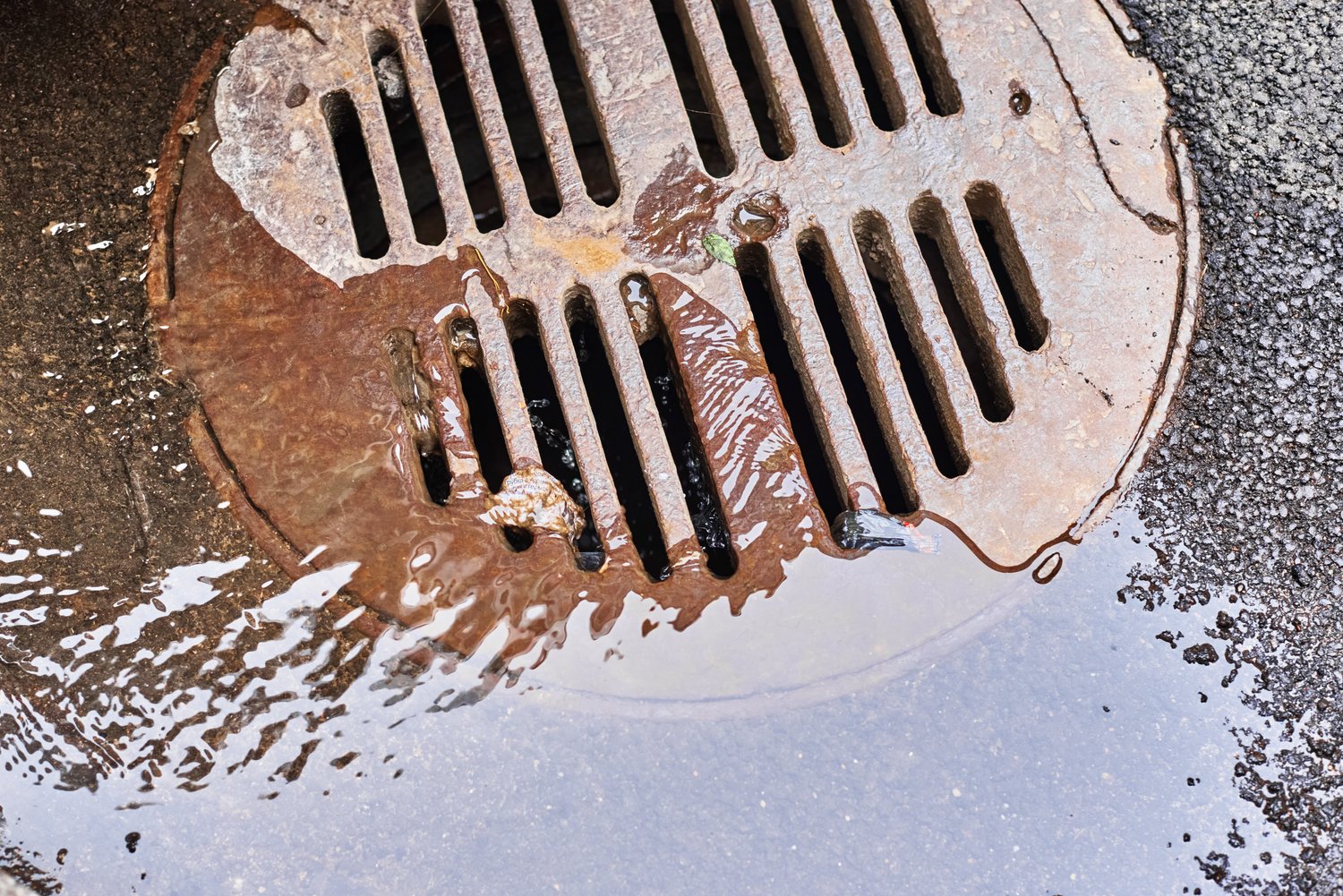Imagine coming home to find your basement floor submerged in water, with no clue where to start fixing the mess. Basement floor drain backups are not just a homeowner’s nightmare; they bring significant risk of property damage and can lead to costly repairs if not addressed promptly. Understanding how to prevent these plumbing disasters and knowing how to react swiftly in emergencies can make all the difference in protecting your home from water-related chaos.
- Explore the common reasons behind basement floor drain backups and learn why regular maintenance is crucial to prevent damage.
- Learn to identify early warning signs of drain problems, minimizing the chance of severe issues down the line.
- Discover practical prevention tips and emergency solutions to handle drain backups effectively and maintain a safe home environment.
- Find out how to choose the right tools and services to ensure your drainage system remains in optimal condition, ready to tackle emergencies.
By arming yourself with this knowledge, you’ll not only safeguard your home but also empower yourself to tackle any drain-related challenges confidently. Join us as we delve into practical strategies and solutions tailored to your needs.
Understanding Basement Floor Drain Backing Up: Prevention and Emergency Solutions
Tackling basement floor drain backups is essential for protecting your home from severe water damage. When basement drains fail, they can lead to flooding, mold growth, and structural deterioration. Understanding the causes of these backups is the first step in safeguarding your property.
Common causes of basement floor drain backing up include:
- Clogged pipes: Debris, grease, and foreign objects can obstruct the pipes, preventing proper drainage.
- Sewer line issues: Tree roots, cracks, or sediment buildup in sewer lines can impede water flow.
- Heavy rainfall: Excessive rain can overwhelm drainage systems, leading to backups in basements.
Regular maintenance plays a critical role in preventing these issues. Scheduling routine inspections, cleaning pipes, and addressing minor problems can prevent costly repairs. By being proactive, you ensure the integrity of your drainage system and protect your home from unexpected emergencies.
Signs of Floor Drain Problems: Early Detection
Identifying floor drain issues early can save you time and money. Look for these warning signs to catch problems before they escalate:
Slow draining water: If you notice that water takes longer than usual to drain, it could indicate a blockage or buildup.
Unpleasant odors: Foul smells emanating from the drain are a telltale sign of sewage backup or trapped debris.
Frequent gurgling sounds: These noises often suggest air trapped in the pipes, hinting at potential blockages.
Visible water stains: Water stains around the drain area may indicate past backups or leaks, needing investigation.
By keeping an eye out for these signs, you can address drainage problems promptly. Taking swift action minimizes the risk of extensive damage, ensuring your basement remains dry and safe.
Effective Strategies for Basement Floor Drain Backing Up Prevention and Emergency Solutions
Dealing with a basement floor drain backing up can be both inconvenient and costly. Implementing effective prevention strategies is crucial to protect your home and avoid water damage.
Regular maintenance is key. Start by scheduling periodic inspections of your plumbing system. Make sure pipes and drains remain clear of debris. Routine cleaning with safe chemical solutions or natural alternatives like baking soda and vinegar can prevent clogs and buildup.
Install a backwater valve as a proactive measure. This is particularly beneficial for homes in flood-prone areas. A backwater valve prevents sewage from re-entering your home during heavy rainfalls or sewage system backups, offering significant peace of mind.
In some cases, emergency situations may arise despite precautionary measures. Having an emergency plan is essential. Identify the main shut-off valve location and ensure all household members know how to use it. This can promptly stop the flow of water and mitigate damage.
It’s also wise to have a trusted plumbing professional’s contact information readily available for unexpected incidents. They can provide immediate assistance and prevent the problem from worsening.
Choosing the Right Tools and Services for Prevention
Selecting the right tools and hiring professional services is pivotal in maintaining the health of your drains and handling emergencies efficiently.
Start with basic tools. Invest in a high-quality plunger and plumbing snake. These will help you tackle minor clogs and buildups efficiently. A wet/dry vacuum can also be invaluable for removing standing water during a backup.
For more significant issues, consider professional services. Hiring a licensed plumber for routine maintenance can extend the life of your plumbing system and ensure it operates optimally. Services like hydro jetting effectively clear out even the most stubborn blockages, maintaining the free flow of your drainage systems.
Additionally, inquire about camera inspections. This advanced technology helps identify hidden issues inside your drain that are not visible to the naked eye, allowing for a more targeted approach to maintenance and repairs.
By choosing the right tools and services, you’re equipping yourself with the best options to prevent, identify, and resolve basement floor drain problems. Ensure your home remains safeguarded against unwanted water intrusion.
FAQs on Basement Floor Drain Backing Up
What causes basement floor drains to back up?
Common causes include blocked pipes, heavy rains, and sewer line issues.
How can I prevent my basement floor drain from backing up?
Regular maintenance, such as cleaning drains and inspecting for blockages, can help prevent backups.
What are the signs of a floor drain problem?
Watch for sudden slow drainage, gurgling sounds, or water pooling around the drain.
How do I deal with an emergency drain backup?
Use a plunger or drain snake and call a professional if the issue persists.
Should I hire a professional service for drain maintenance?
Yes, a professional can provide thorough inspections and maintenance to prevent major issues.
What tools can help maintain basement floor drains?
A drain snake, plunger, and enzymatic drain cleaner are useful tools for regular maintenance.





